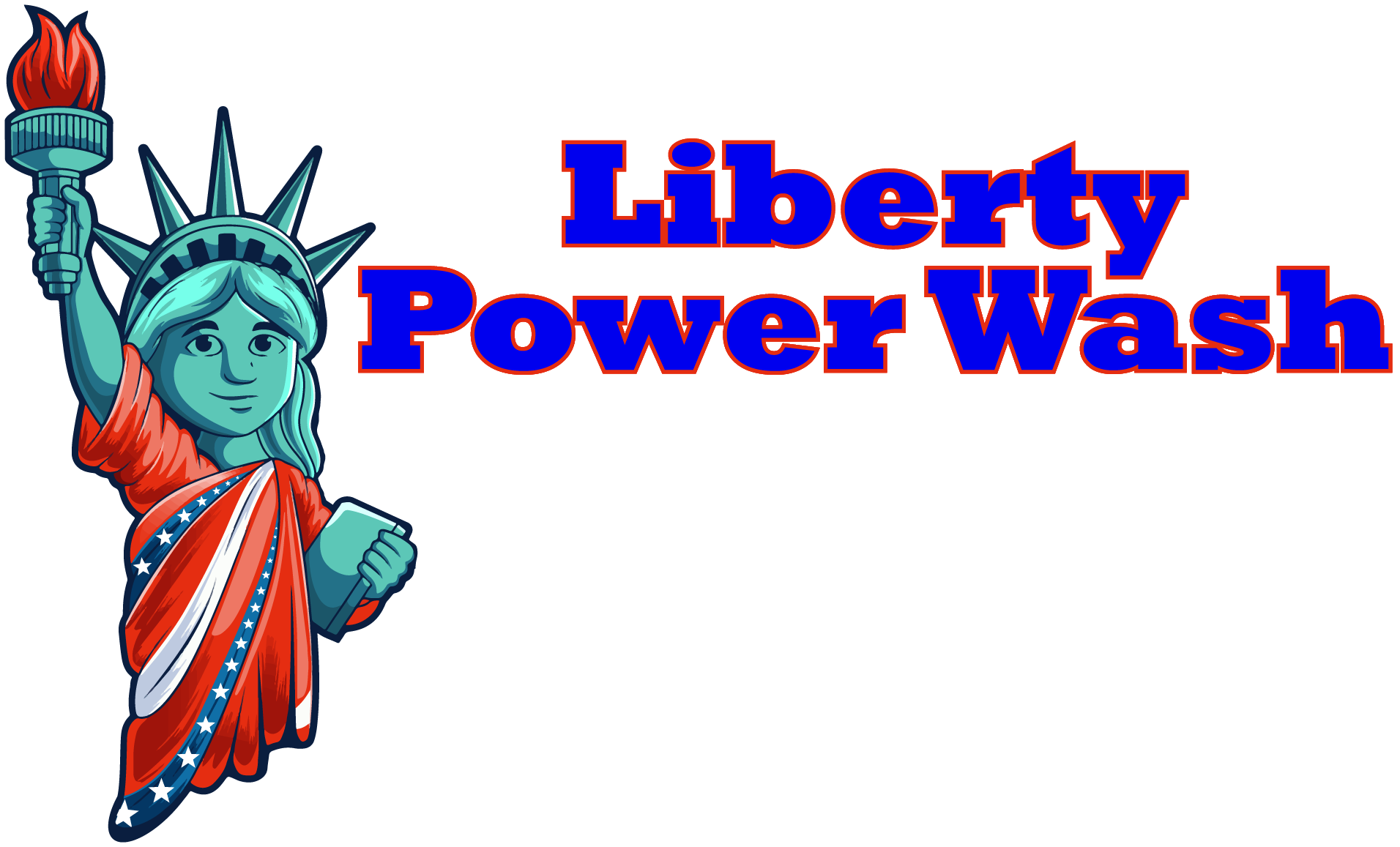Pressure Washing Windows is not the Way to Go
When it comes to maintaining the cleanliness and appearance of your home, pressure washing is a powerful and efficient method. It can remove dirt, grime, and even mold from a variety of surfaces, leaving them looking fresh and new. However, not all surfaces are suitable for pressure washing. One such surface is your windows. While it might seem like a quick way to get sparkling clean windows, pressure washing windows can actually do more harm than good. Here’s why:



The Risks of Pressure Washing Windows
1. Glass Damage:
Pressure washers are incredibly powerful, and the force of the water can easily crack or break glass. Windows are designed to withstand some impact, but the concentrated, high-pressure stream from a pressure washer can be too much for them to handle.
2. Seal Damage:
Windows are sealed to keep out water and drafts. The intense pressure from a pressure washer can damage these seals, leading to leaks and potentially costly repairs. Once the seals are compromised, water can seep into your home, causing further damage and possibly even mold growth.
3. Frame Damage:
The frames around your windows, whether they are wood, vinyl, or aluminum, are not immune to the power of a pressure washer. The high pressure can strip paint, damage the finish, or even dent and warp the frames, diminishing the aesthetic appeal and structural integrity of your windows.
4. Water Intrusion:
Even if the glass and frames remain intact, the high-pressure water can be forced into your home through small gaps and seams around the windows. This can lead to water damage inside your walls, insulation, and other structural components, creating the perfect environment for mold and mildew to thrive.
5. Safety Hazards:
Handling a pressure washer can be tricky, especially when trying to clean windows. The combination of water and height can make for a slippery and dangerous situation. One misstep could result in injury or worse.
Safer Alternatives for Cleaning Windows
Given the potential risks, it’s clear that pressure washing windows is not the best approach. Fortunately, there are safer and equally effective methods to keep your windows clean:
1. Traditional Hand Cleaning:
Using a bucket of soapy water, a sponge or soft cloth, and a squeegee, you can manually clean your windows. This method allows for better control and minimizes the risk of damage.
2. Soft Washing:
For windows that are higher up or harder to reach, consider using a soft washing technique. This involves using a low-pressure hose with specialized cleaning solutions that break down dirt and grime without the risk of damage.
3. Professional Window Cleaning Services:
Hiring a professional window cleaning service ensures that your windows are cleaned safely and effectively. Professionals have the right tools, expertise, and experience to clean windows without causing damage.
Choose the Best Company for the Job at Hand
While pressure washing is an excellent tool for many cleaning tasks, it’s not suitable for windows. The risks to the glass, seals, frames, and even your home’s interior are too great. Instead, opt for safer alternatives like traditional hand cleaning, soft washing, or professional services to keep your windows sparkling clean without the risk of damage.
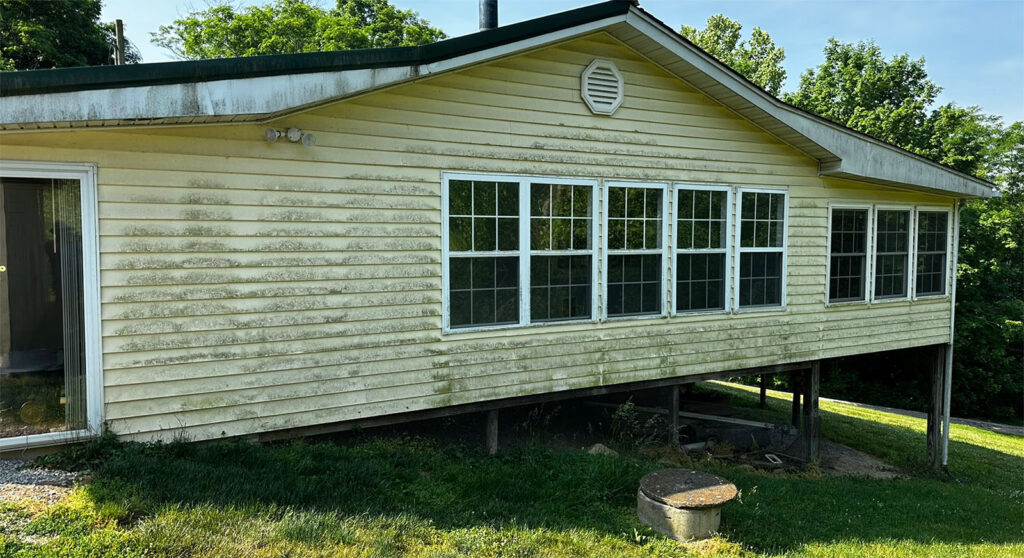
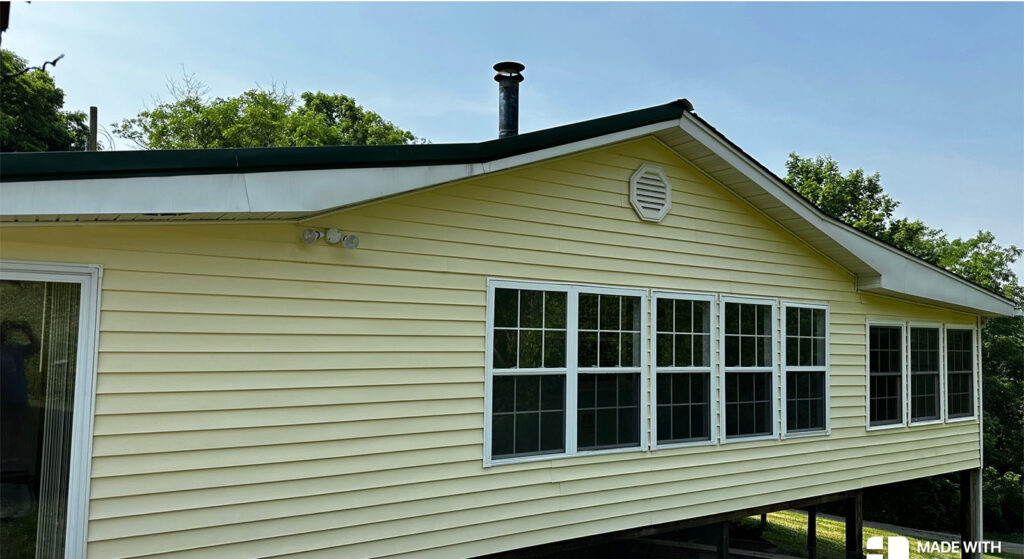
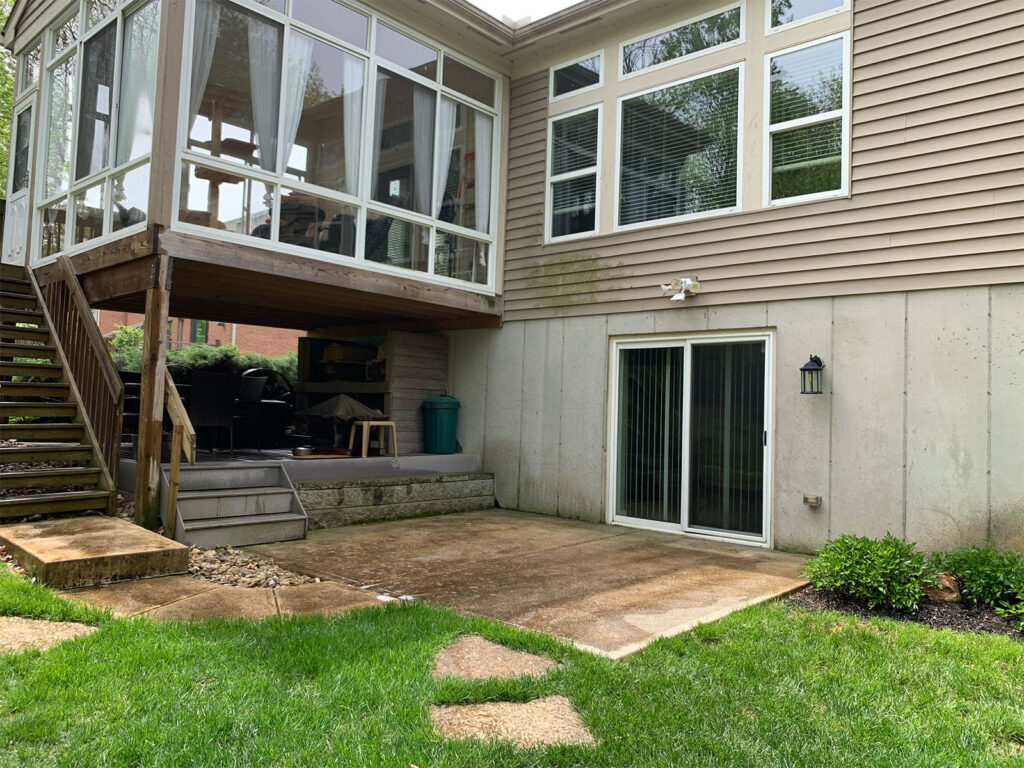
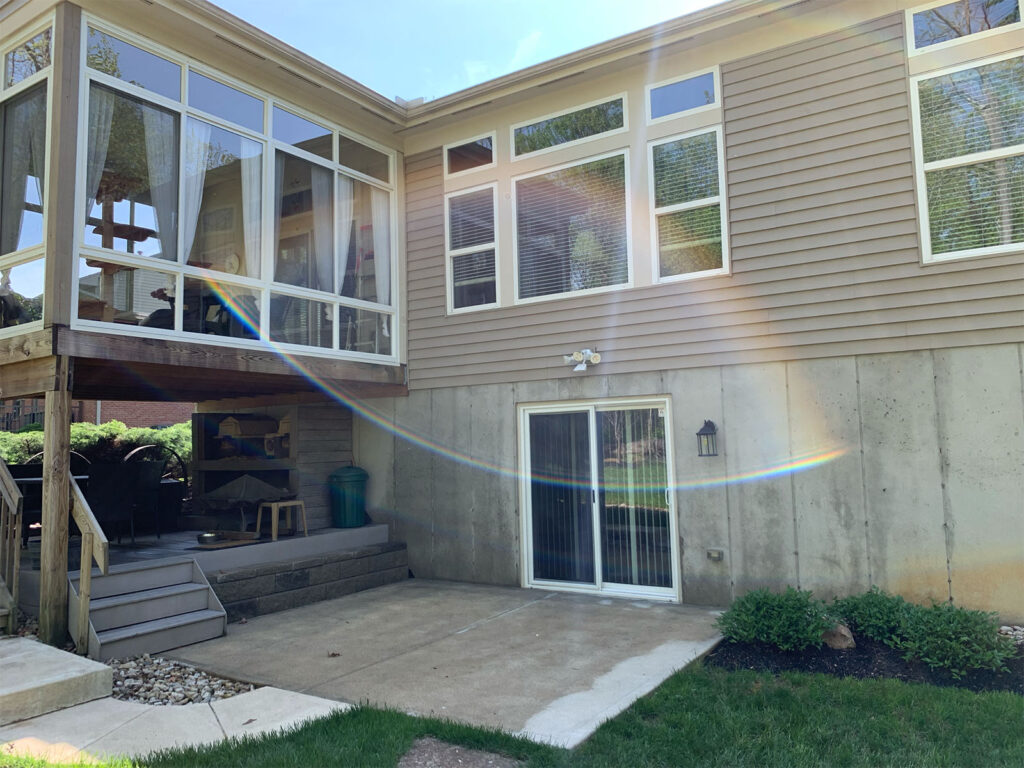
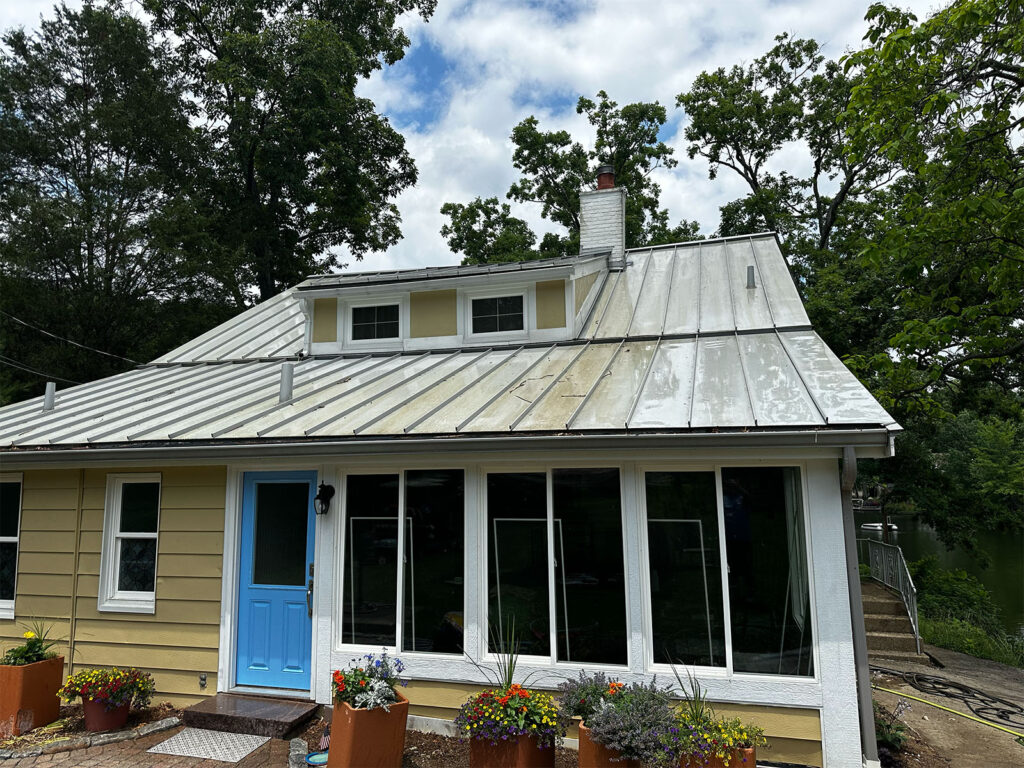
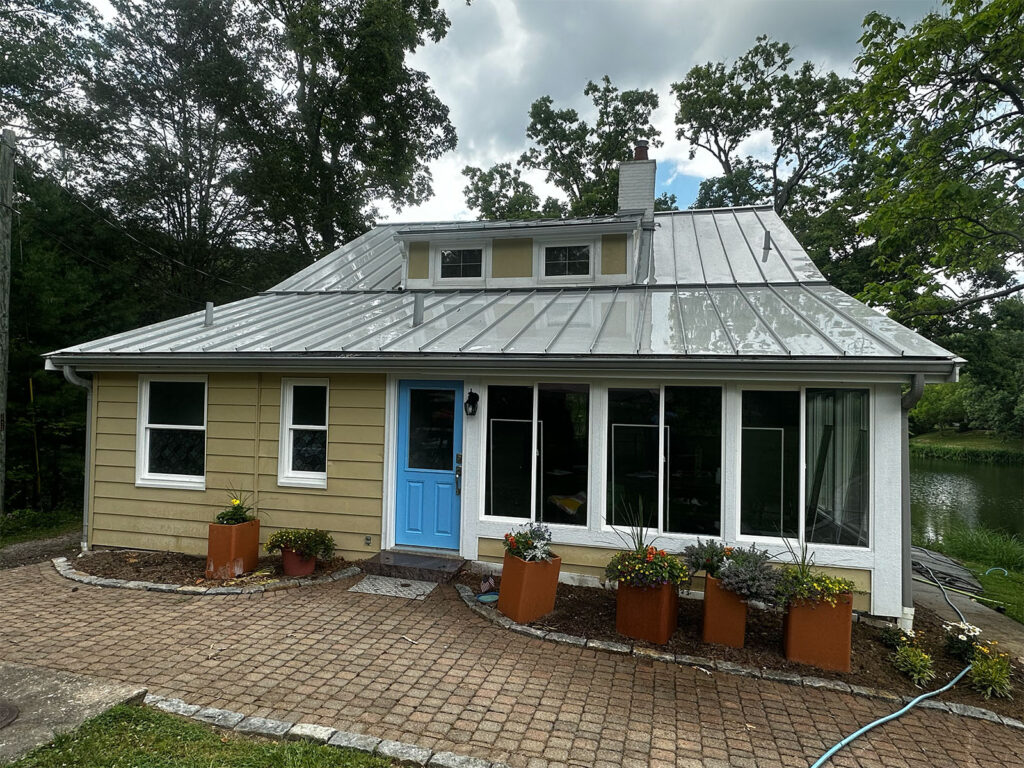
Our team of professionals possesses the expertise and specialized equipment necessary to ensure a thorough and safe cleaning process. Unlike DIY methods, which can risk damaging your windows or even causing injury, Liberty Power Wash uses techniques that are both effective and gentle on your windows and home. We understand the nuances of different surfaces and can tailor our approach to avoid harm to your glass, seals, and frames. By choosing Liberty Power Wash, you save time, avoid the hassle, and gain peace of mind knowing your home will be spotless and undamaged.
At Liberty Power Wash, we understand the importance of using the right techniques for different surfaces. Contact us for expert advice and services tailored to keep your home looking its best, safely and effectively.
